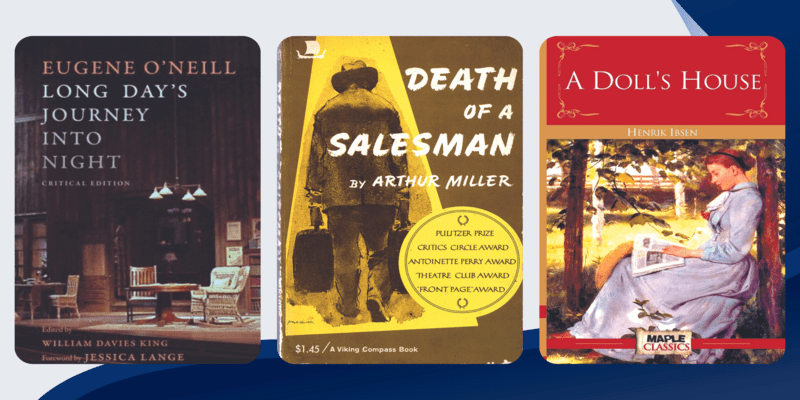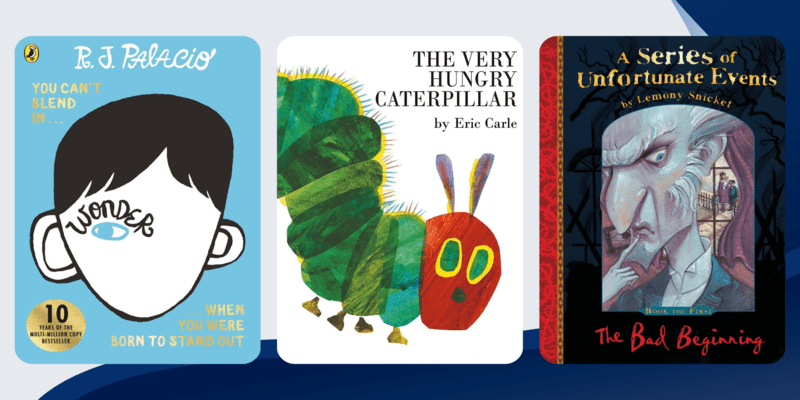“I have measured out my life with coffee spoons”
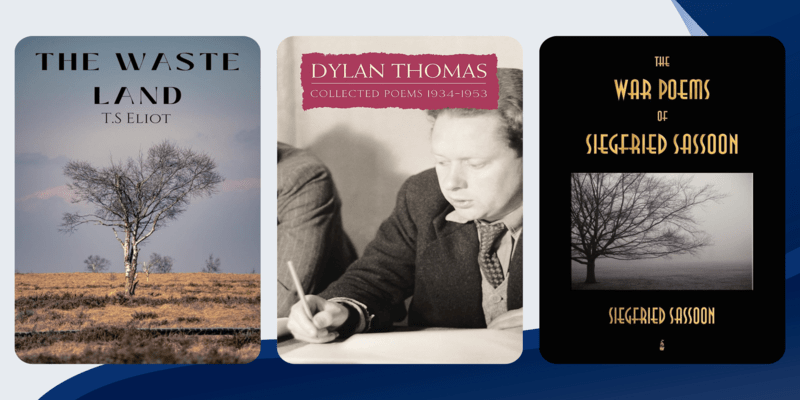
Revolutions are known to be started by leaders, continued by people, and brought to fruition by mass support. Have you ever thought that a poem could bring about a revolution? The Oxford Dictionary defines a poem as a piece of writing in which the expression of feelings and ideas is given intensity. Such intensity is known to be a part of liberal discussions and analytical insights, but cause a revolution?
That is a thing of politics. In the past, and even in the present, literature and art have found a way to express the collective emotion of the world. Whether it be the world wars or the pandemic, poetry has not only been the outlet of emotions but also the one shaking the world enough to think about what is right. Poems pave the way for humans to move in the right direction and ponder about their actions. Here are some poems that have paused the world and made them dwell on the repercussions of what they are doing.
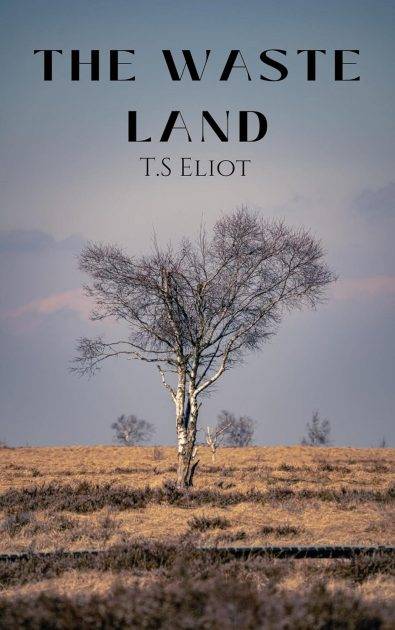
The Waste Land by T.S. Eliot (1922)
Considered the prime war poem, T.S. Eliot’s ‘The Waste Land’ captures the emotion of a war-torn world that can only be repaired through peace and collective human effort. Eliot’s poem is essentially of horror. When one reads it, it feels like broken pieces of glass glued together to form an entire painting that makes sense. It switches between sarcasm, satire, and mockery quite smoothly. The poem is a total of 434 lines that capture the grotesque doing of humankind. It writes about how incapable human beings have rendered themselves by destroying all that nature has to offer. In the wake of the world wars, Eliot wrote his poem as a central work of modernist poetry. It includes some of the most striking and terrifying lines that have been quoted after centuries — “April is the cruelest month”, “I will show you fear in a handful of dust”, “These fragments I have shored against my ruins”, and the Sanskrit mantra “Datta, Dayadhvam, Damyata” and “Shantih shantih shantih”.
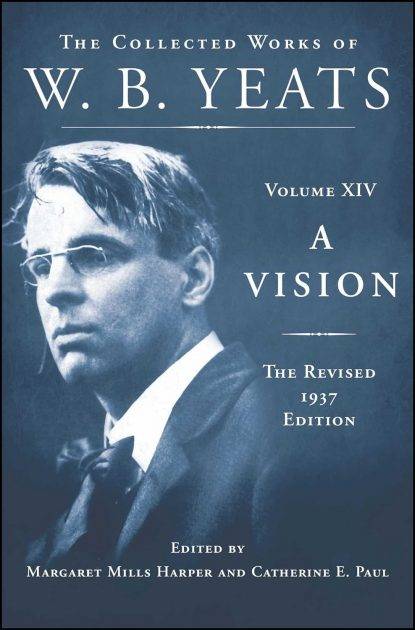
The Second Coming by W.B. Yeats (1919)
It is not easy to separate the world from religion, and W.B. Yeats kept showing examples of that throughout his poetry. The poem employs Christian imagery regarding the apocalypse and the second coming of Christ to describe allegorically the atmosphere of post-war Europe. The poem was written after the horrifying aftermath of World War I. In using the Christian myth, much like Eliot, Yeats tries to showcase how ruthless humankind has been, through the war. Its famous line, “Things fall apart, the center cannot hold” has been widely quoted through popular culture.
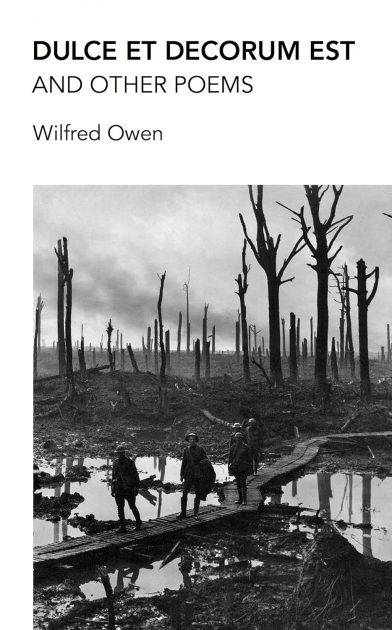
Dulce et Decorum Est by Wilfred Owen (1921)
Wilfred Owen’s work is a terrific response to a well-known poem, ‘The Soldier’ by Rupert Brooke, who, in his poem, defined how an individual seeks solace in serving his country. Owen, on the other hand, describes the fright of doing so. The poem presents a scene where a group of British soldiers are bombarded with chlorine gas. One soldier cannot seem to put on his gas mask well in time, and the rest of the narrative describes the gruesome effects that the gas has on the soldier. The poem concludes by saying that anyone who knows the repercussions of war will not delve into it. The titular line, ‘dulce et decorum est pro patria mori’: “How sweet and honourable it is to die for one’s country”, mocks Brooke’s claim of how honourable it is to die for one’s country.
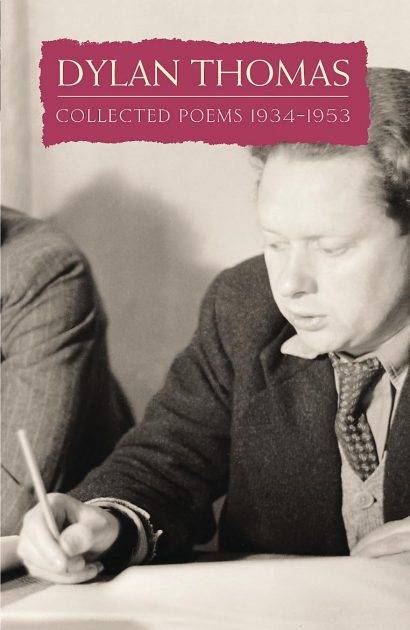
Do Not Go Gentle Into That Good Night by Dylan Thomas (1951)
Dylan Thomas’ poem not only lays down the problem but also calls for action. His advice is simple — do not sleep without acting, and for him, action is awareness. In this war-laden world where humans do not learn from their actions, the poet pens down a villanelle in order to wake the readers from their sleep of ignorance. In the first part of the poem, the speaker encourages his father not to “go gentle into that good night” but, instead, to “rage, rage against the dying of the light.” While this poem has inspired unique discussions and detailed analysis from critics such as Seamus Heaney, Jonathan Westphal, and Sir Henry Walford Davies, some interpretations of the poem’s meaning are derived from mutual agreement. “This is obviously a threshold poem about death”, Heaney states, and Westphal agrees, noting that “Thomas is advocating an active resistance to death”.
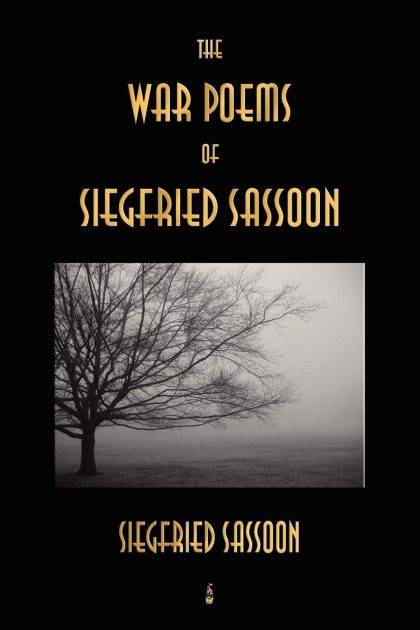
Suicide In The Trenches by Siegfried Sassoon (1918)
This poem contains discomforting imagery, but the poet’s writing in the war times have not shied away from writing about disturbing terms as something had to be done to battle the inhumane things being done to the world. Sassoon was himself an appraised upper-class officer who eventually opposed the war but he never lost his admiration for the common soldiers who had to battle and subsequently lose their lives. Sassoon felt disgusted for the political leaders and civilian war hawks who, safe in their power and comfort, sent young men off to die in huge battles that seemed futile and pointless.

